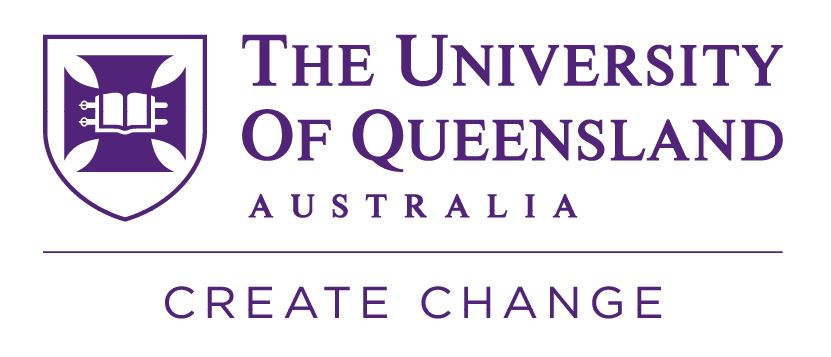


2022 Seminar Series
The seminar series seeks to bring together leading scholars, practitioners and members of the judiciary in Queensland and from abroad to discuss key issues of contemporary significance.
- Common Law Relief from Penalties: When Did it All Begin?
- Reforming the Australian Justice System's Response to Sexual Offences
- Reforms to Domestic Violence Laws - A new Offense of Coercive Control?
- Religious Freedom, Religious Discrimination and the Role of Law
Seminar 1: Common Law Relief from Penalties: When Did it All Begin?
| Date | Thursday 19th May 2022 |
|---|---|
| Speaker | Dr Peter Turner |
| Commentator | Professor Warren Swain, University of Auckland |
| Chair | The Hon Justice Peter Flanagan, Supreme Court of Queensland |
| Abstract | The beginnings of curial relief from contractual penalties have drawn the attention of counsel and judges in modern litigation on the penalty doctrine. Roots have been traced to the activities of the old Court of Chancery and to the more obscure activities of the common law courts at Westminster - chiefly the King’s Bench. The earliness of common law intervention has influenced how appellate courts in Australia and England have stated the penalty doctrine for current times. This talk will consider when common law relief from penalties began, and the bearing those origins have on the pleading and decision of cases today. |
| Papers |
Seminar 2: Reforming the Australian Justice System's Response to Sexual Offences
| Date | Thursday 21st July 2022 |
|---|---|
| Speaker | The Honourable Anthony North QC, Chair, Victorian Law Reform Commission |
| Commentator | Professor Julia Quilter, University of Woolongong |
| Chair | His Honour Judge Paul Smith, District Court of Queensland |
| Abstract | The Victorian Law Reform Commission has recently released a major report on the Response of the Justice System to Sexual Offences. The State's Attorney-General has indicated that this report will guide the next ten years of reform in this area. In this seminar, Chair of the VLRC, the Honourable Tony North QC will discuss several key reforms suggested in the report, where progress is urgently needed. These include:
|
Seminar 3: Religious Freedom, Religious Discrimination and the Role of Law
| Date | Thursday 13th October 2022 |
|---|---|
| Speaker | Professor Carolyn Evans, Vice-Chancellor and President, Griffith University |
| Commentator | Professor Patrick Parkinson, School of Law, The University of Queensland |
| Chair | The Hon Justice Sarah Derrington, Federal Court of Australia, President of the Australian Law Reform Commission. |
| Abstract | Religious freedom and freedom from discrimination on the basis of religion are well-established rights in international law and many jurisdictions have a substantial case-law that examine both of these rights, including the tensions between them. While some limited forms of these rights are protected in the constitution, to date there has been relatively limited case law in Australia. With the development of statutory bills of rights and increased social tensions between secular and religious Australians, however, the law is increasingly being asked to step into conflicts that involve religion. What can we learn from the Australian case law to date and from other similar jurisdictions that can help Australian courts and legal policymakers with the complex issues that arise in this realm? |
| Papers | Download Professor Evans' paper (PDF, 225.8 KB) Download Professor Parkinson's commentary (PDF, 103.7 KB) Download The Hon Justice Derrington's introductory remarks (PDF, 122.5 KB) |
Seminar 4: Reforming the Law of Domestic Violence - An Offence of Coercive Control?
| Date | Thursday 10th November 2022 |
|---|---|
| Speaker | The Hon Margaret McMurdo AC, President, Queensland Court of Appeal |
| Commentator | Professor Heather Douglas, University of Melbourne |
| Chair | The Hon Justice Soraya Ryan, Supreme Court of Queensland |
| Abstract | This seminar will discuss recent proposals to reforming the laws relating to domestic violence, considering how one might better accommodate the needs of justice and the protection of victims, including the potential creation of a new offense of ‘coercive control.’ Fuller details to follow. |
Papers | Download The Hon Justice Margaret McMurdo's paper (PDF, 252.1 KB) |
